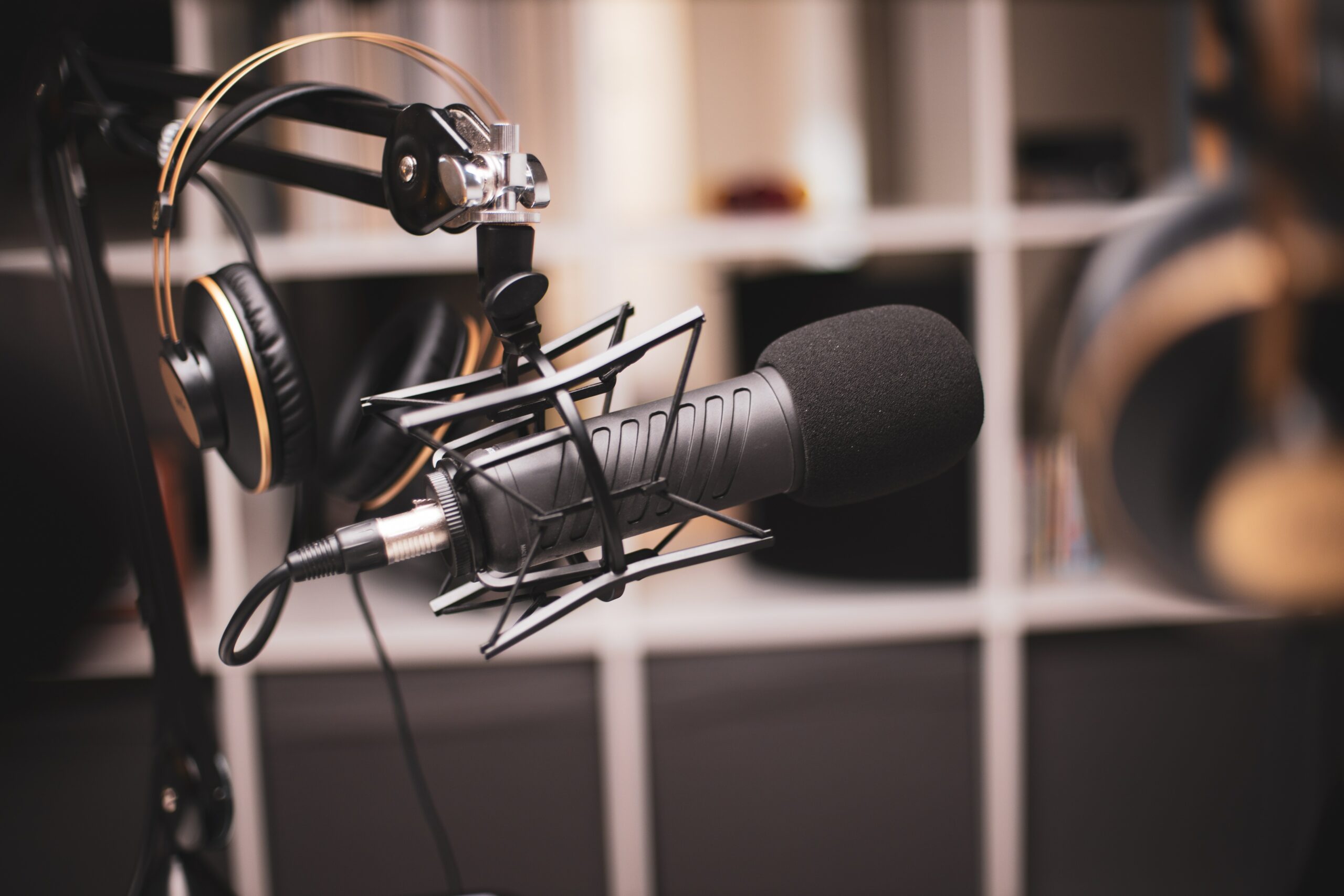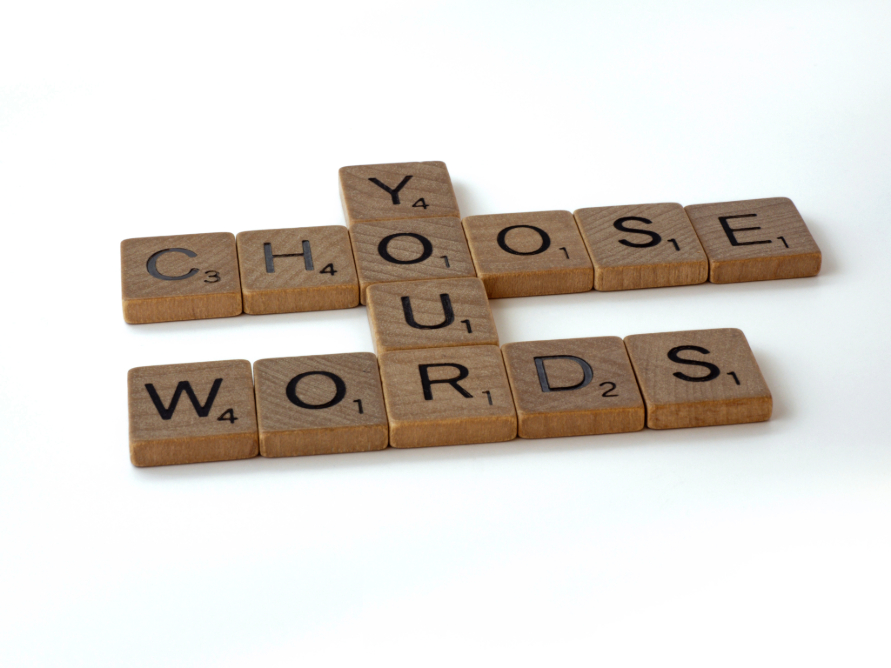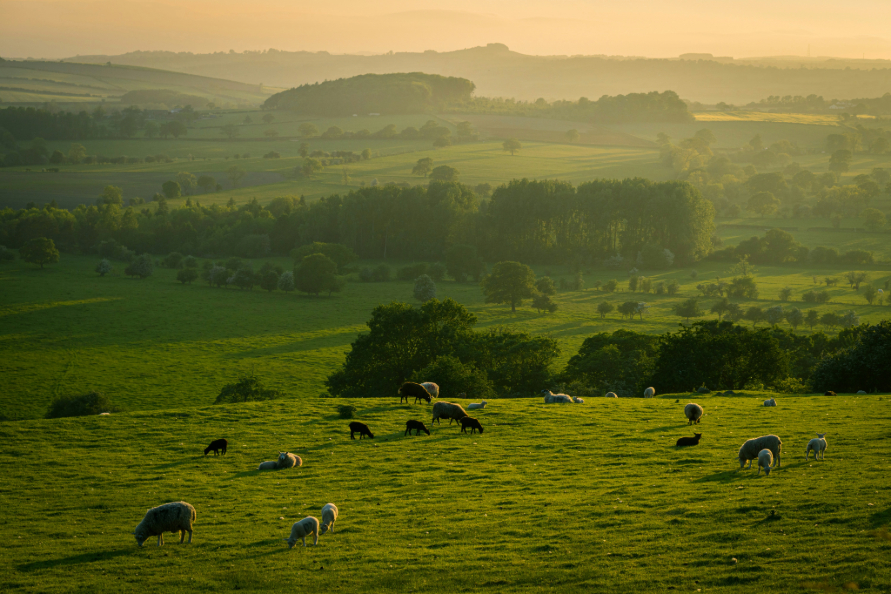Pastor J.D. discusses the origins of privilege, its influence in society, and the responsibility Christians have in the issue.
A glimpse inside this episode:
This term “privilege” was first developed by a white woman in the 1980’s to talk not about race but male privilege in academics. (Learned from Dr. George Yancey)
Definition: “An invisible package of unearned assets that whites can count on cashing in each day.”
- Privilege is multi-dimensional. There is never one exclusive privileged class and one underprivileged class. Rather, there are various ways in which a person may be privileged or not.
- For example, a white woman growing up in poverty, with an abusive father, may experience far fewer benefits of “privilege” than a black man growing up in an affluent, healthy family.
- Dr. Yancey says there is tall privilege and good-looking privilege. He says that Asians are often given a “they must be smart at math privilege.”
- The phrase “white privilege” indicates that—all other factors being equal—there is more social advantage in being white in the United States than in being non-white. Or, in other words, because “whiteness” is the social norm, those who are in that group have more benefits than those outside that group.
- Examples:
- As a white guy, if a traffic cop pulls me over, I never have to wonder if it was because of my race (Almost all POC have stories about this)
- As a white guy, the same is true when I see a clerk looking at me in the store.
- As a white guy, I don’t have to worry about my name causing me to be overlooked on a job or housing application. (Chris Green tells a story about assumptions being made by a lender about his income because he was black.)
We want to see all people in our society have access to the same rights and privileges. When Dr. George Yancey, an African-American sociologist from North Texas University, came to speak to our church recently, he made a really interesting comment about privilege: He said “privileges” are like “rights.” It’s not that we want to take rights from one group and give them to others, but we want to see the rights that one group enjoys extended to all. He said often, in discussing privilege (white privilege or male privilege), there’s an unspoken assumption: “Things are not equal between these two groups, and we need to make them equal by pulling the top group down.” But if we think about privilege more like rights, it changes the conversation. When I think of the privileges that I have as a white person, or as a man, what I want is to see those privileges extended to as many people as possible. I don’t want people to lose all of their rights. I want more people to have those rights!
These are just a handful of examples that show us that at least at some level, privilege exists. Another way to say it (that I’ve found helpful) is that the judicial and empowerment structures in our society, while better than in generations past, are still tilted. There is a sort of center-of-gravity toward the majority culture.
What to do about it?
- There is responsibility to use that privilege to help others
- Politicians are divided: some will say that because our history of exploitation and discrimination has undoubtedly contributed to creating some of these realities, that demands certain benefits and privileges be extended to the black community
- Others will say that that won’t help: now that the doors of opportunity have been opened, only black people can go through them.
- DESK: Diploma, employment, spouse, kids. These are things everyone can do and are proven to fight poverty.



